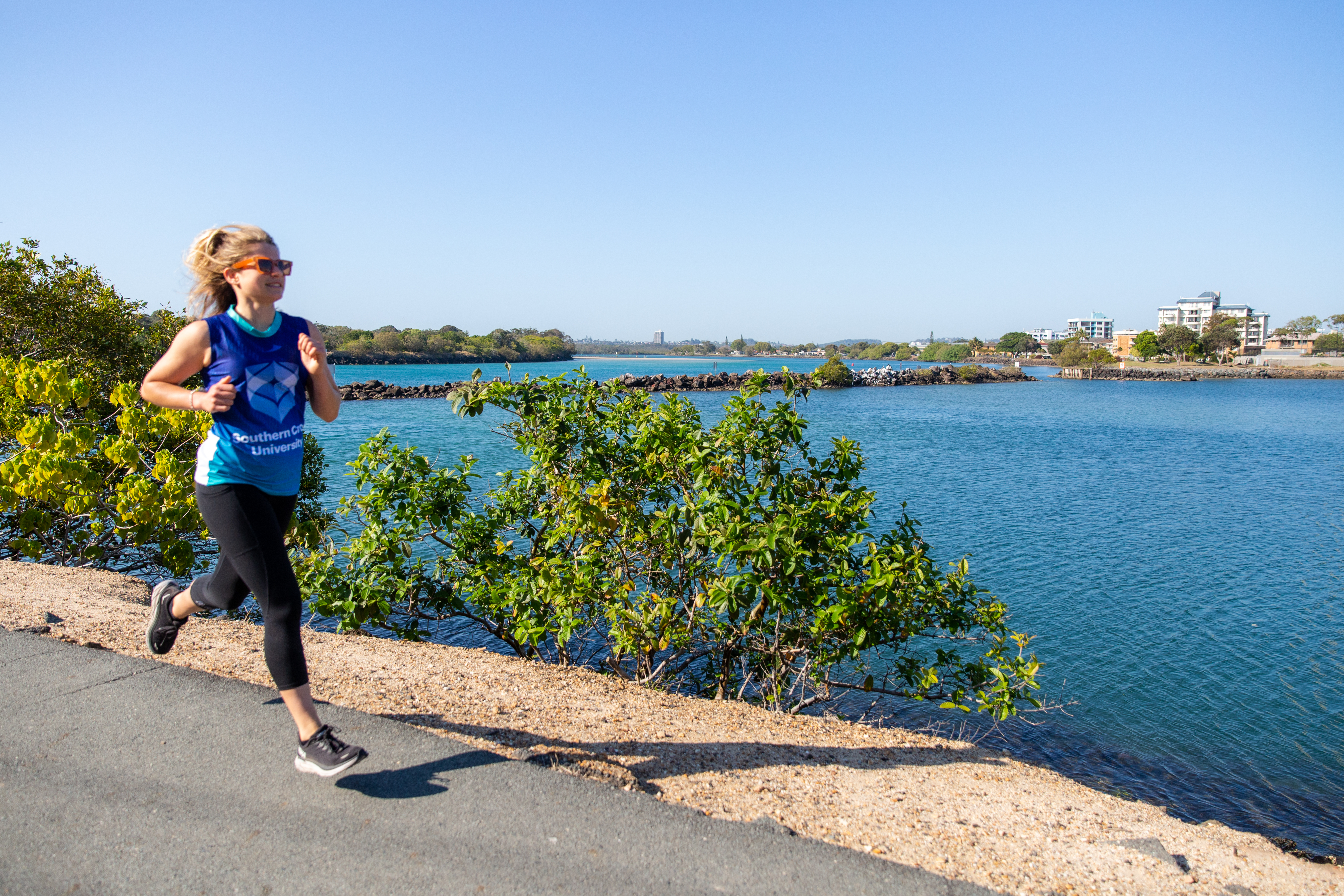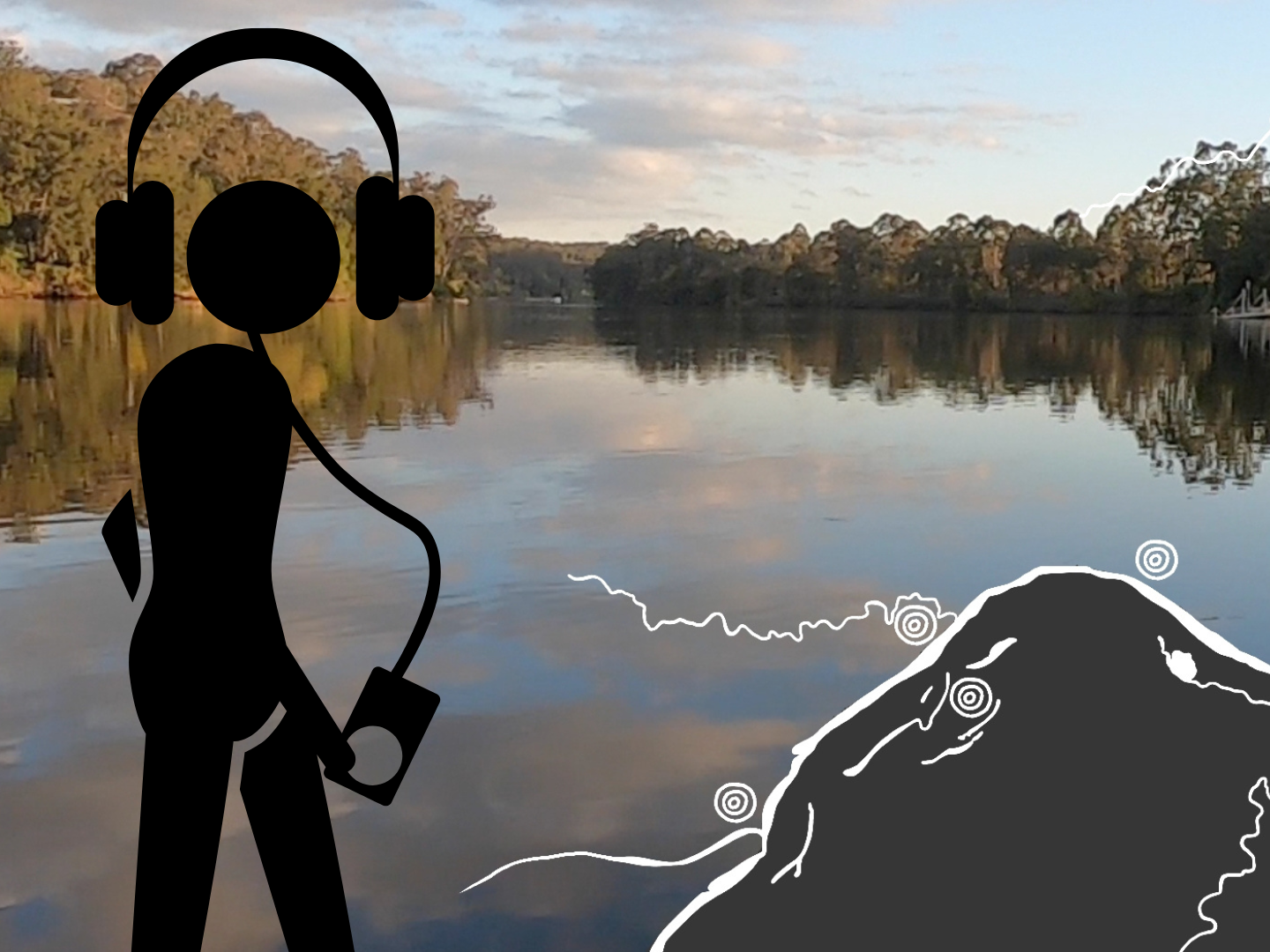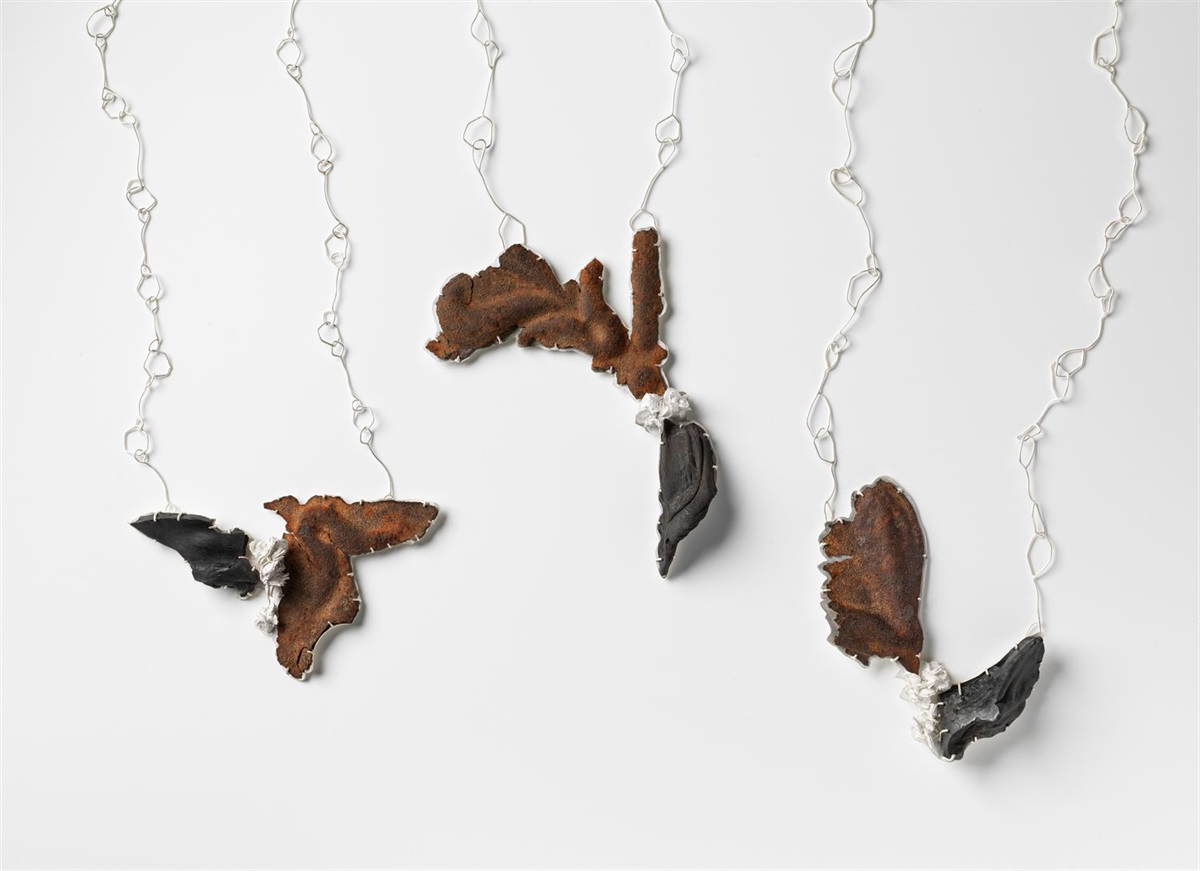With teenage dental decay an increasing problem, the Australian Dental Association (ADA) is backing Cancer Council calls to tackle the problem with a range of measures including a tax on sugar and better labelling of products containing added sugar.
Around 22 per cent of boys and 11 per cent of girls consume a litre or more of sugary drinks a week according to data released yesterday from the Cancer Council Australia’s National Secondary Students’ Diet.
It backs up alarming findings from the Oral Health Tracker for Children and Young People created by the ADA and Australian Health Policy Collaboration, which showed 73 per cent of teens aged 14 to 18 consume too much sugar according to World Health Organization guidelines.
The Oral Health Tracker also found 48 per cent of adults consume excessive levels of sugar. The upshot is Australians now rate as one of the top ten countries in the world whose population consumes high quantities of sugared drinks.
The health implications of this are considerable, ranging from tooth decay and obesity through to type 2 diabetes, heart disease, stroke and some cancers.
The ADA recently called for an overhaul of nutrition labelling for added sugars following pressure by food ministers for Food Standards Australian New Zealand to review the system.
“This may make teenagers think twice before drinking a bottle of soft drink if the label says it has 16 teaspoons of sugar in one 600ml bottle,” said ADA President Dr Carmelo Bonanno.
The problem is also that much of the sugar is hidden in foods like muesli bars, cereals and sauces. More transparent labelling would remove the guesswork for consumers.
“Better labelling would mean consumers can make more informed choices by being able to separate natural from added sugars like cane syrup, fructose and dextrose on nutrition panels,” said Dr Bonanno.
“But more needs to be done – the ADA also wants to see a levy on sugary drinks as well, to increase their price by 20 per cent.”
There is evidence these measures are effective. A New Zealand study published in June found a sugar tax of 10 per cent resulted in a 10 per cent drop in sugary drink consumption.
“These taxes are an effective tool to reduce sugar consumption and tooth decay,” said Dr Bonanno. “Through this tax the money could be used to pay for health promotion and oral care for disadvantaged Australians.”








